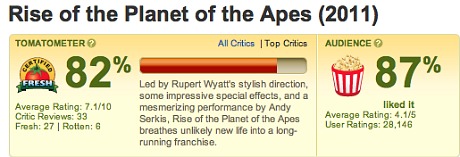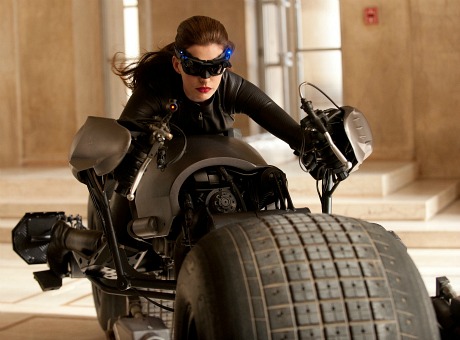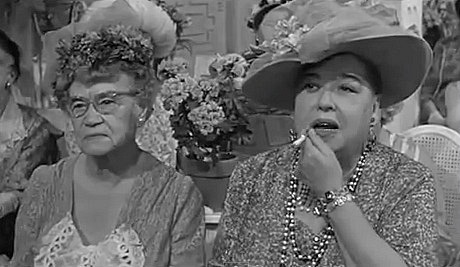As I noted earlier this week, the second half of The Change-Up is better — certainly more tolerable — than the first half, which is mostly foul, rancid and sub-mental. And there’s one second-half bit that got me. I didn’t laugh, exactly, but I guffawed or tittered in some kind of pleasurable way. Because I recognized the moment. Because I’ve been there.
Ryan Reynolds is inside Jason Bateman‘s attorney body, and is working late at the office. And Bateman’s wife, played by Leslie Mann, calls him about something or other. The punchy Bateman listens for a few seconds and asks, “Uhm…who is this?” Exhausted and resigned to his detachment, Mann answers, “Your wife.” Actually I didn’t titter or chortle — I laughed. Because that’s me. I fuzz out on all kinds of things, all the time.
Last night I was watching Ruben Fleischer‘s 30 Minutes or Less and just trying to hang in there and tough it out and make it through to the end, etc. And then came a moment when Danny McBride and Nick Swardson, playing crass, brain-dead asshole-antagonists who force Jesse Eisenberg‘s pizza-delivery guy to commit a bank robbery by strapping a remote-triggered bomb to his chest, decide to kidnap Eisenberg’s love interest and would-be girlfriend, played by Dilshad Vadsaria.
Like Aziz Ansari, who portrays her brother, Vadsaria is of Indian ancestry. And I smirked a bit when McBride and Swardson break into a toilet stall where she’s hiding and let her know she’s captured and call her “slumdog.” Which they’re using, of course, because of Danny Boyle‘s Slumdog Millionaire. We’re all familiar with how low-rent types tend to seize upon certain films or TV shows if they’ve made some kind of strong impression about exotic cultures, and for whatever reason it struck me as amusing that these dickwads would use Boyle’s film…that’s all.
There’s also a moment, by the way, in which Ansari talks about having rented The Hurt Locker but never watching it and the unopened Netflix package containing the Hurt DVD just lying around his apartment for weeks on end. I was wondering if this is a satirical reference to dumbasses who have trouble watching strong, well-reviewed films that don’t have that cheap, fast-food, big-corporate quality that doofuses tend to patronize on opening weekends, or are Fleischer and screenwriter Michael Diliberti slipping in a comment about their own faint dislike of Kathryn Bigelow and Mark Boal‘s film? It’s the former, I’m guessing, but I’m not sure.
Roger Ebert, by the way, has called The Change-Up “one of the dirtiest-minded mainstream releases in history. It has a low opinion of men, a lower opinion of women, and the lowest opinion of the intelligence of its audience. It is obscene, foulmouthed, scatological, creepy and perverted.”




